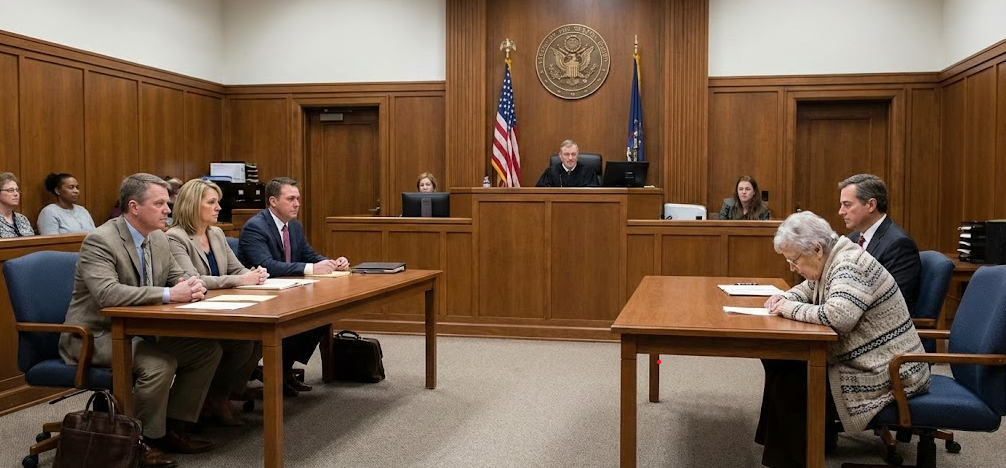When Congress doubled the federal estate and gift tax exemption in 2017, many families gained a rare planning window. That exemption, however, is scheduled to fall by half on January 1, 2026.
For high-net-worth couples in Florida, the next two years may be the last chance to shelter millions of dollars from future estate taxes. One of the most flexible tools available is the Spousal Lifetime Access Trust (SLAT), but it comes with technical traps that must be avoided.
What a SLAT Does for Couples
A SLAT allows one spouse to transfer assets into an irrevocable trust for the benefit of the other spouse and, usually, their children. The assets and their future growth are removed from the donor spouse’s taxable estate.
At the same time, the couple can still enjoy indirect access to the wealth through the beneficiary spouse. When designed correctly, this structure preserves today’s high exemption while providing a safety net for the family.
The Reciprocal Trust Doctrine Risk
Couples often try to “match” each other by creating two SLATs, one in each direction. If the trusts look too similar, though, the IRS may apply the reciprocal trust doctrine. Under this rule, the government can treat each spouse as if they had set up a trust for themselves, pulling the assets back into their estates.
To reduce this risk, the two SLATs must differ in various ways, including:
- Appointing different trustees
- Using different distribution standards
- Funding them at different times
- Giving different family members priority as beneficiaries
Gift-Splitting and Other Hidden Pitfalls
Another issue arises when couples attempt to split gifts to maximize their exemptions. Federal law allows spouses to “split” a gift to third parties, but not to each other. If the beneficiary spouse holds withdrawal rights or a power of appointment, the IRS may disallow gift-splitting entirely.
For families in Florida, additional rules matter as well. State law restricts how homestead property can be moved into a trust without spousal consent, and the elective share statute still protects a surviving spouse’s minimum interest.
How to Protect Your Options Before 2026
At The Law Office of Wickersham & Bowers, we guide Florida families through advanced estate planning tools like SLATs and help avoid costly mistakes. If you are considering major gifts before the 2026 sunset, call us at 386-252-3000 to schedule a consultation and secure your family’s future.



